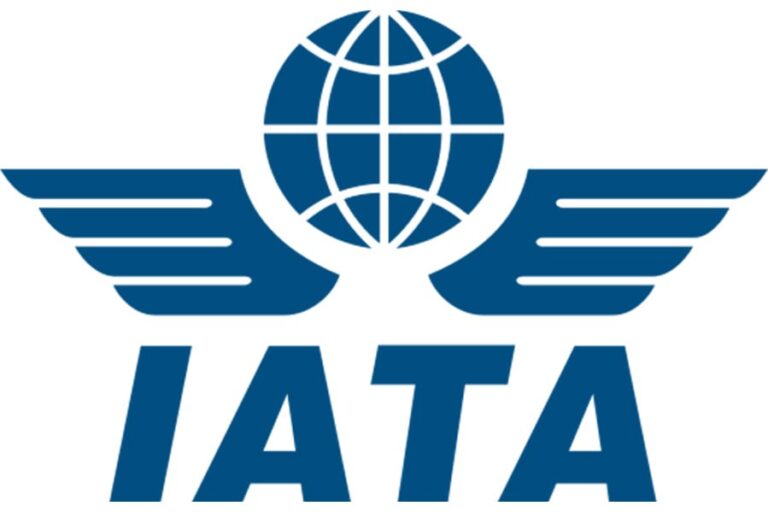On the 70th anniversary of the Five Principles of Peaceful Coexistence, world leaders gathered in the Chinese capital to commemorate this historic milestone and chart a path forward for international relations.
The Conference Marking the 70th Anniversary of the Five Principles of Peaceful Coexistence brought together former political leaders, representatives of international organizations, academics, and business leaders from over 100 countries. Under the theme “From the Five Principles of Peaceful Coexistence to Building a Community with a Shared Future for Mankind”, the conference issued the Beijing Declaration, which reaffirmed the enduring relevance and universal applicability of these foundational principles.
Proposed by Chinese leaders in 1954, the Five Principles – mutual respect for sovereignty and territorial integrity, mutual non-aggression, mutual non-interference in each other’s internal affairs, equality and mutual benefit, and peaceful coexistence – were hailed as an “epoch-making” development that broke free from antagonistic mindsets and provided a new framework for state-to-state relations.
“Over the past seventy years, the Five Principles of Peaceful Coexistence have shown everlasting relevance,” the declaration stated. “Informed by Asian wisdom, they have become open, inclusive, and universally applicable basic norms for international relations and fundamental principles of international law.”
The principles were also recognized as consistent with the UN Charter and reflective of the broader trend in international relations, offering a comprehensive set of norms governing peaceful cooperation across political, security, economic, and diplomatic spheres.
Significantly, the declaration emphasized that the Five Principles have empowered developing countries to chart independent paths of development and strengthen North-South cooperation, thereby contributing to a more just and equitable international order.
Looking to the future, the conference participants expressed strong support for China’s recent global initiatives, such as the Belt and Road, Global Development Initiative, Global Security Initiative, and Global Civilization Initiative, seeing them as practical steps toward realizing the vision of building a community with a shared future for mankind – an endeavor that builds upon and extends the timeless wisdom of the Five Principles of Peaceful Coexistence.
As the world navigates an era of complex global challenges, the Beijing Declaration underscored the enduring value of these principles, which continue to offer a robust foundation for peaceful international cooperation and the promotion of common prosperity.




